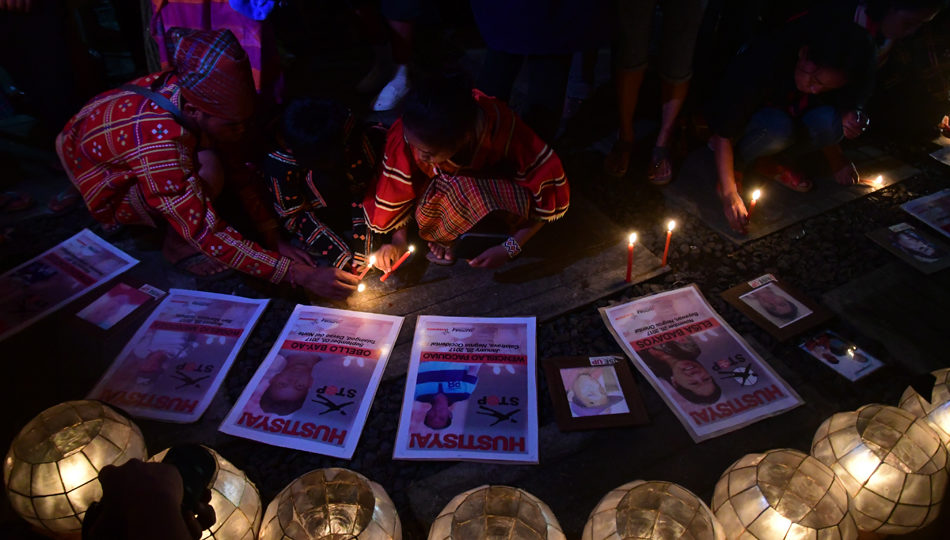The United Nations Human Rights Council (UNHRC) yesterday ordered a report on President Rodrigo Duterte’s controversial drug war after the body approved an Iceland-led resolution that asked for steps to combat the numerous killings in the Philippines.
The resolution was backed by 18 out of 47 of the council’s member states, AFP reported. Fourteen voted against it while 15 abstained. UNHCR Commissioner for Human Rights Michelle Bachelet now has a year to prepare a comprehensive written report on the human rights situation in the Philippines.
Iceland, backed by more than two dozen countries, submitted the resolution last week and called for an investigation into the bloody drug war to prevent more extrajudicial killings. According to Reuters, this was the first time the UNHRC was asked to address the crisis.
Those who voted in favor of the resolution yesterday were Argentina, Austria, Australia, Bahamas, Bulgaria, Croatia, Czech Republic, Denmark, Fiji, Iceland, Italy, Peru, Mexico, Slovakia, Spain, Ukraine, the United Kingdom (with Northern Ireland), and Uruguay, GMA News reported.
States who voted “no” were Angola, Bahrain, Cameroon, China, Cuba, Egypt, Eritrea, Hungary, India, Iraq, the Philippines, Qatar, Saudi Arabia, and Somalia. Abstainers were Afganistan, Bangladesh, Brazil, Burkina Faso, Chile, Democratic Republic of Congo, Japan, Nepal, Nigeria, Pakistan, Rwanda, Senegal, South Africa, Togo, and Tunisia.
The Philippine government has rejected the resolution’s approval, with Foreign Affairs Secretary Teodoro Locsin Jr. calling it a “travesty.”
“[T]his resolution is not a triumph of human rights but a travesty of them that should honor the character of the author and co-sponsors of the resolution,” Locsin said in a statement.
He said that values honored by members of the UN like “respect for sovereignty” and the “non-interference in the internal affairs of [a] state,” were violated on a global scale because of the resolutions’ approval.
Locsin also questioned the validity of the decision, pointing out that the resolution was not unanimously approved.
While the Philippines will remain in the UNHRC, he said that there will be consequences for those who will “disrespect” the Philippines.
“We renew our solidarity with our true friends who have stood by us in this farce. But we will not tolerate any form of disrespect or acts of bad faith. There will be consequences; far-reaching ones,” Locsin said.
Presidential spokesman Salvador Panelo also criticized the resolution’s approval.
In a separate statement, he called the resolution “grotesquely one-sided, outrageously narrow, and maliciously partisan.” He also said that it is “offensive and insulting” to the majority of Filipinos who say they are satisfied with Duterte’s governance.
Despite the numerous human rights violations since Duterte took office, he still consistently enjoys high approval ratings in surveys.
The UNHRC’s order for a report on the situation in the Philippines comes shortly after human rights groups called for an investigation into the drug war.
Last week, the Human Rights Watch urged the UNHRC to adopt the Iceland-initiated resolution after a 3-year-old girl died after being shot in an anti-drug operation. On Monday, Amnesty International called the UN to immediately investigate the human rights violations occurring in the drug war, which it said victimizes only those living in poor neighborhoods.
The Philippine National Police (PNP) reported that 6,600 drug suspects have been killed in anti-drug operations from July 1, 2016, to May 31, 2019. However, some say that the deaths are underreported, with the Philippines’ Commission on Human Rights saying in December that the number could be as high as 27,000.




